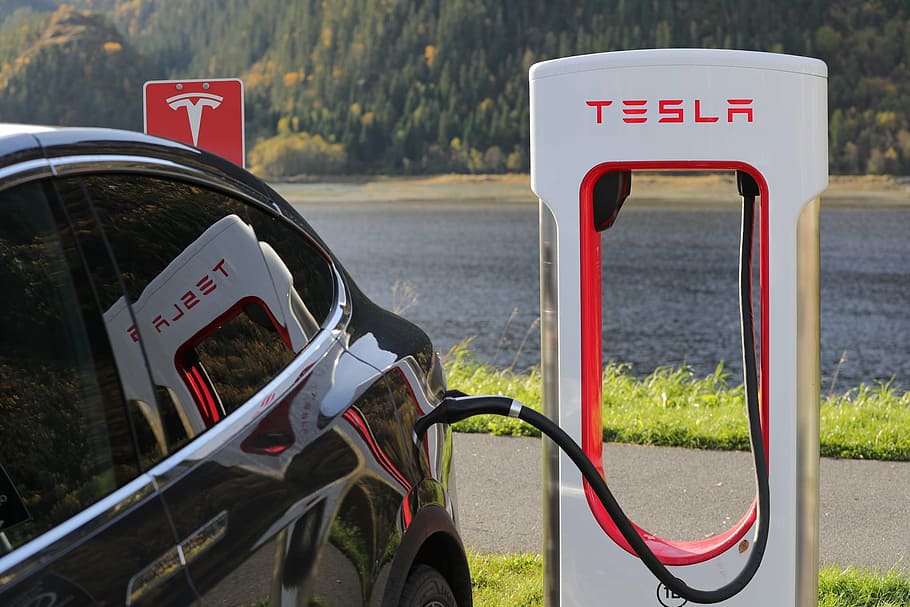
Mila Rostain is a student at Harvard Law School.
In today’s News and Commentary, Sweden’s Tesla strike enters its third year, and Seattle rideshare drivers protest Waymo’s expansion in the city.
This week marks two years that mechanics at a Tesla service center in Sweden have been on strike. According to the BBC, Tesla has refused to recognize the Swedish workers’ right to organize due to Elon Musk’s critical views of unions. This is the longest strike in modern Swedish history. The workers striking sought jobs at Tesla because they “believed in the idea and the vision” of the company. For many, the work was “not only a job.” But since starting, workers have noticed worsening working conditions, including years without raises for workers. When workers complained of conditions, managers suggested they could find work elsewhere. In Sweden, almost 90% of workers are covered by collective bargaining agreements. But strikes are highly unusual because those collective bargaining agreements all include no strike clauses. The Swedish model excludes the need for politicians and legislation, which both businesses and unions in Sweden support. Tesla’s response has been highly unusual for Swedish workers. When workers announced their intent to form a union with IF Metal, Tesla would not respond. The union took the next step of announcing they would strike, which for unions in Sweden is usually a sufficient threat to gain recognition. But Tesla refused, and workers have been striking since. Also unusual is Tesla’s response to the strike—the company has publicly replaced striking workers, which is atypical for businesses working in Sweden.
On Wednesday, labor groups and rideshare drivers with the Washington Drivers Union protested against Waymo’s planned expansion in Seattle. After three years of testing in Bellevue, Waymo has been operating for the past two months in Seattle with human drivers as backups but intends, after more safety testing and permitting, to be able to have the technology deployed without humans. According to one driver, Papa Diawara, Waymo is “trying to take our job away.” In addition to concerns over job displacements, advocates noted public safety concerns with the technology. There is currently legislation proposed in Washington that would make Waymo and other autonomous vehicle companies as liable as a human driver would be in the event of an accident.






Daily News & Commentary
Start your day with our roundup of the latest labor developments. See all
February 17
San Francisco teachers’ strike ends; EEOC releases new guidance on telework; NFL must litigate discrimination and retaliation claims.
February 16
BLS releases jobs data; ILO hosts conference on child labor.
February 15
The Office of Personnel Management directs federal agencies to terminate their collective bargaining agreements, and Indian farmworkers engage in a one-day strike to protest a trade deal with the United States.
February 13
Sex workers in Nevada fight to become the nation’s first to unionize; industry groups push NLRB to establish a more business-friendly test for independent contractor status; and UFCW launches an anti-AI price setting in grocery store campaign.
February 12
Teamsters sue UPS over buyout program; flight attendants and pilots call for leadership change at American Airlines; and Argentina considers major labor reforms despite forceful opposition.
February 11
Hollywood begins negotiations for a new labor agreement with writers and actors; the EEOC launches an investigation into Nike’s DEI programs and potential discrimination against white workers; and Mayor Mamdani circulates a memo regarding the city’s Economic Development Corporation.